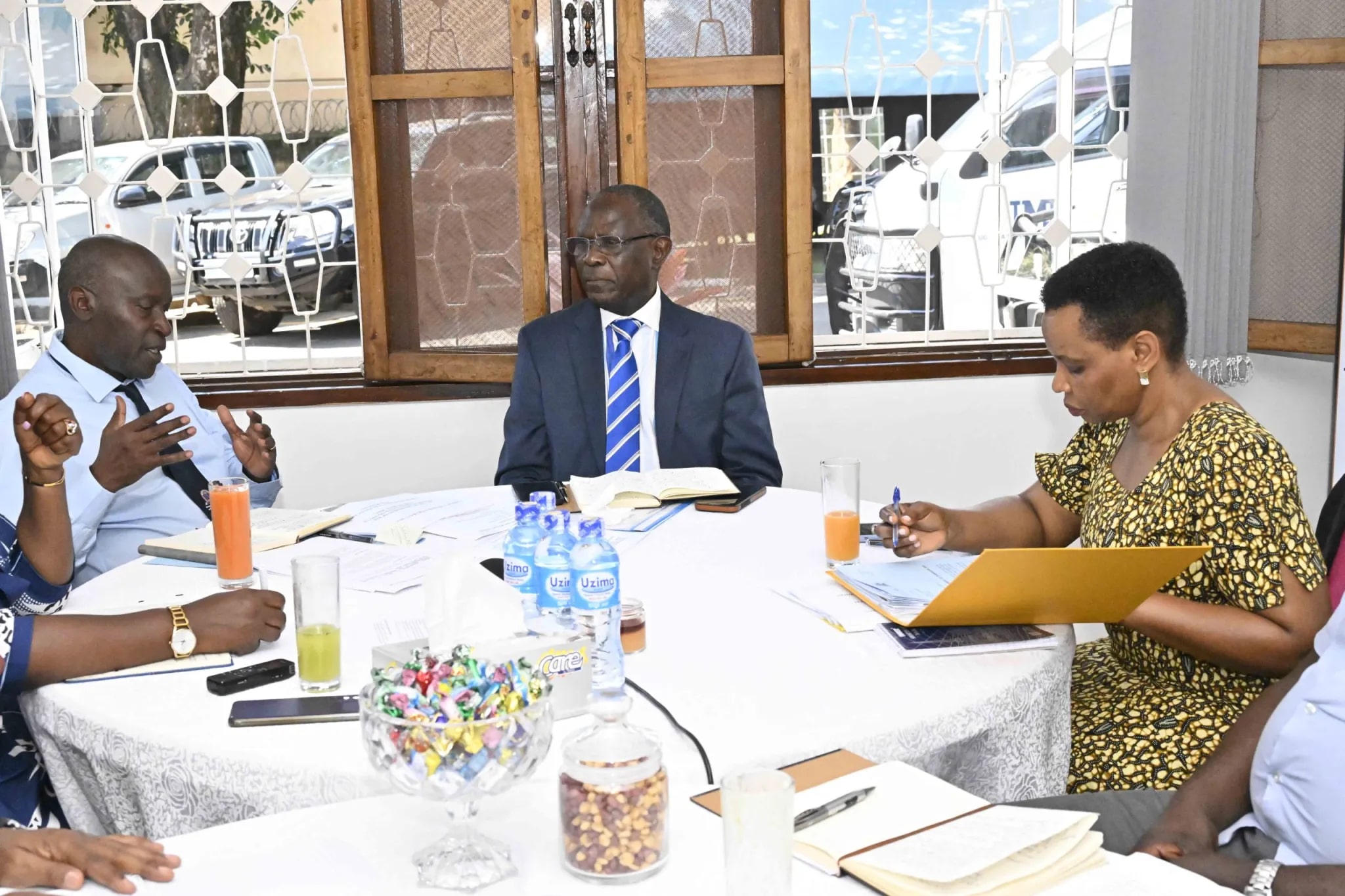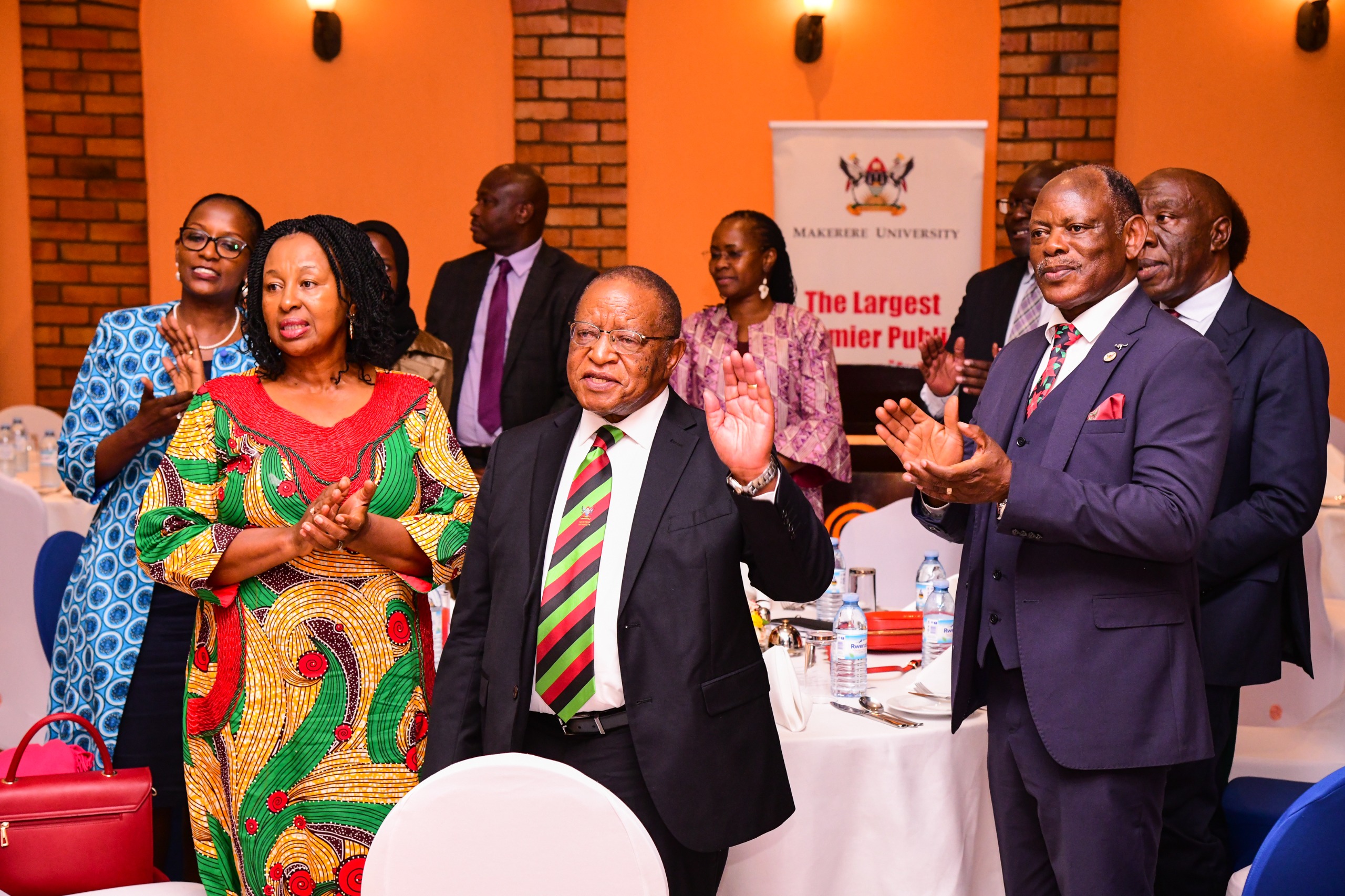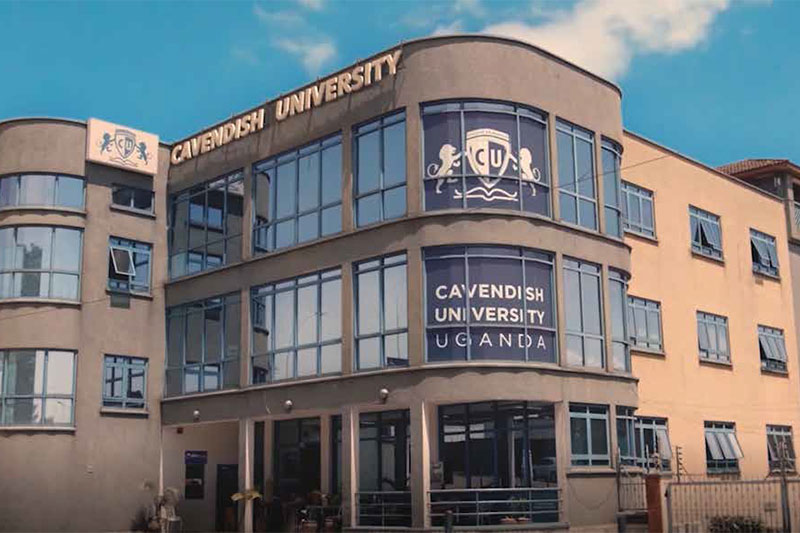If Ugandan youth unemployment was a mosquito, it would be the one that keeps dodging every slap, no matter how hard we try. And just like that persistent buzzing around your ear at night, the problem keeps getting louder. Col. Edith Nakalema, head of the State House Investors Protection Unit (SHIPU), has tasked academicians to step up and solve youth unemployment. The same academics who have been handing out degrees like bananas at a local market, now have the pleasure of fixing the very problem their graduates are struggling with.
During a meeting on September 18, 2024, Nakalema pointed out that the ever growing youth population, currently making up 82% of the country’s 45.9 million people, are the ones running the show. These youths have taken over Uganda like boda bodas on Kampala’s streets. But with great power comes great responsibility—or at least a decent job.
According to Nakalema, the root of the problem is not just corruption or the usual finger pointing, but also the lack of access for these youths to influence policymakers. It is like trying to get your voice heard in a crowded taxi rank when everyone is screaming for their turn. Uganda’s unemployment problem is like a stubborn stain that just won’t go away, no matter how much detergent (or government programmes) you throw at it.
Nakalama listed the usual suspects: the Youth Livelihood Programme (YLP), Uganda Youth Venture Capital Fund (VYVCF), National Enterprise Development Programme (NEDP), and so on. These sound like fancy solutions, but they haven’t exactly brought unemployment to its knees. In fact, the disgruntlement among the youth is growing faster than the price of sugar in the market. Now, the onus is on the “learned minds” to come up with more ideas, because, clearly, the government’s arsenal of programs hasn’t done the trick.
“Just like a malfunctioning maize mill that spits out flour without ever getting the husk right, the gap between what young people can do and what’s available in the job market is growing,” Nakalema stated, calling for strategies to align skills with market demand.
There is aleady a proposal from other stakeholders like Makerere University. They have come up with a novel idea: categorize the unemployed into two groups—those with skills and those without. Apparently, the ones with skills are even more dangerous because they know exactly how to dismantle the little that’s available. Think of it as giving the youth a manual on how to take apart your car, only for them to use that knowledge to strip it for parts.
The suggestions didn’t stop there. Nakalema mentioned the idea of waiving taxes for youth startups—because, you know, maybe removing those annoying taxes will finally unleash the entrepreneurial spirit that has been lying dormant all this time. And just in case that doesn’t work, there’s also the notion of universities setting up entrepreneurial skills centers so graduates can finally figure out how to make money without needing a government desk job.
Kyambogo University’s vice chancellor, Prof. Elly Katunguka, fresh from his trip to Iowa State University, came back with dreams of churning out job ready graduates. According to him, Iowa grads leave school with a business plan in hand, ready to roll like a Rolex maker on Kampala Road during rush hour. If only Ugandan institutions could follow suit and churn out entrepreneurs rather than employees, maybe we’d be onto something.
But it wasn’t all sunshine and rainbows. Dr. James Nkata of the Uganda Management Institute (UMI) reminded us that the youth’s narrow view of unemployment is part of the problem. They’ve been raised to believe that a government paycheck is the only paycheck, and anything else is just extra. But in today’s economy, where white-collar jobs are as rare as a boda boda following traffic rules, that mindset needs to change.
Meanwhile, UMI’s Prof. Gerald Kagambirwe Karyeija proposed a study on the country’s youth policy to ensure it’s fit for purpose. He also suggested that the President consider setting up a review commission to look at youth unemployment through the lens of national employment philosophy. Because, after all, why not add another commission to the long list of government initiatives that will probably get dustier than the books in a rural school library?
Finally, in a moment of genius, UMI lecturer Stella Kyohairwe recommended talent identification through sports as a way to empower the youth. Yes, because if all else fails, maybe Uganda can produce the next world class footballer to rival Messi.
President Museveni is expected to meet with youth leaders in October. Whether he’ll have any groundbreaking revelations or just more promises that will gather dust like old campaign posters, only time will tell.




















